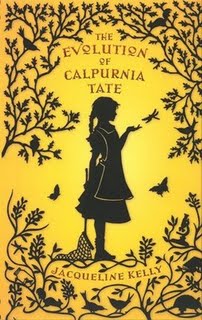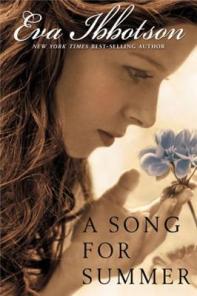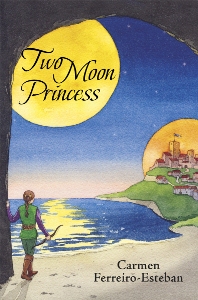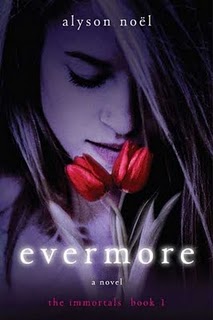Calpurnia Virginia Tate (Callie Vee for short) is the only daughter of seven children, positioned smack dab in the middle of her brothers. It’s not an enviable position, even though she’s her oldest brother, Harry’s, only pet. It’s made even less enviable because Calpurnia is not a huge fan of anything domestic: sewing, tatting, knitting, cooking … no, she’d much rather be outside.
Then, during the summer of 1899, she and her grandfather (who has been living with them all the time) discover each other. Her grandfather is a naturalist of sorts — a founding member of the National Geographic Society and all — and Callie discovers that studying the world around her is what she really wants to do. She spends as much time as possible with her grandfather — in between piano recitals, forced sewing, school, and managing her brothers’ crushes for her best friend — living for and thriving off of the time spent studying and observing.
Of course, since this is 1899 and Texas, Callie couldn’t be allowed to proceed this way: good, proper, well-off girls just didn’t tromp through the underbrush looking at bugs. And it’s this conflict that is the heart of the novel, this pull for Callie to do what she wants and not what everyone expects of her: ”I clomped through the kitchen on the way to washing up and said to Viola, ‘How come I have to learn how to sew and cook? Why? Can you tell me that? Can you?’
“I’ll admit it was a bad time to ask her — she was beating the last lumps out of the gravy — but she paused long enough to look at me with puzzlement, as if I were speaking ancient Greek. ‘What kind of question is that?’ she said, and went back to whisking the gravy in the fragrant, smoking pan.
“My Lord, what a dismal response. Was the answer such an ingrained, obvious part of the way we lived that no one stopped to ponder the question itself? If no one around me even understood the question, then it couldn’t be answered. And if it couldn’t be answered, I was doomed to the distaff life of only womanly things. I was depressed right into the ground.”
There are other things about the novel, though: Callie’s mom is a bit much — Southern, proper, rich, and bordering on intolerant; her father is little more than a cardboard cut-out. The brothers, though, are adorable — especially J.B., Travis and Harry — and her grandfather more than makes up for her parents in character. Callie is, yes, spunky, but she’s more than that: she’s curious and observant, and — the thing that really got to me — doesn’t really want everyone to grow up and change. A girl after my own heart.
Kelly was brilliant in evoking a particular feel; the sense of anticipation, of change that must have accompanied the time period was quite palpable in the book. It’s a historical novel that actually felt like it. Callie was modern, sure, but she was struggling with her modernity against all the traditional values that were around her, and that dichotomy was intriguing.
If this is her first novel, it’ll be quite interesting to see what she comes up with next.
Rated: Mild, for two or three instances of mild swearing




